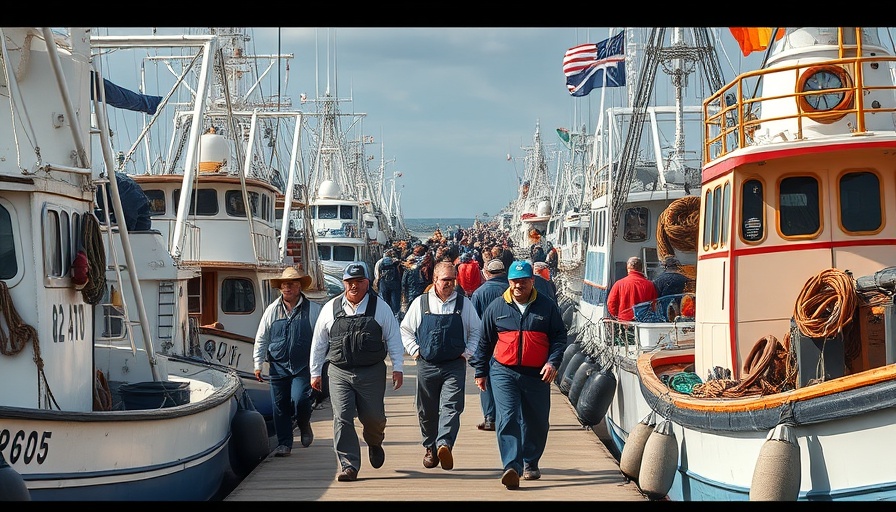
Massachusetts' Scallop Sector Faces Challenges Amid Booming Waters
Massachusetts fishermen are grappling with bureaucratic hurdles as they seek to access the rich scallop grounds off Georges Bank, an area that has remained closed since 1994. The New England Fishery Management Council classified this zone as a "habitat area of particular concern," citing its ecological importance for juvenile fish species. However, local fishermen, including seasoned scalloper Tony Alvarez, are challenging this view, asserting that restrictions are detrimental to their livelihoods.
Alvarez, a New Bedford resident and a fisherman since the 1970s, argues that the rationale for the extended closure doesn't reflect the realities of fish spawning in the region. Speaking during a recent Senate committee hearing, he expressed frustration over the disconnect between scientific assessments and the experiences of those in the field.
The Economic Weight of Scalloping
The scallop industry serves as a cornerstone of Massachusetts' economy, with New Bedford standing out as the leading seafood production port on the East Coast. Scallops alone contribute significantly to the state’s fisheries income, yet landings have plummeted—down 40% from their peak in 2021, with current values totaling $260 million. According to Division of Marine Fisheries Director Daniel McKiernan, high prices are currently buoying the industry, but there is urgent need for action to stabilize future landings.
Regulatory Roadblocks and Potential Solutions
While the New England Fishery Management Council has shown some willingness to reconsider the regulation, recent votes have decided against changing the status of the Northern Edge. Executive Director Cate O’Keefe highlighted the increasing scallop abundance but acknowledged that many remain too small for commercial harvest. The council is at a crossroads, balancing ecological concerns with the pressing need of the fishing community for access to these abundant waters.
A Call to Action for Local Fishermen
As Massachusetts fishermen voice their concerns, it becomes increasingly important for local policymakers to engage with both scientific experts and the fishing community. Finding a compromise that will sustain the scallop population while also supporting the fishermen's livelihoods may be the key to unlocking the full potential of Massachusetts’ rich marine resources.
 Add Row
Add Row  Add
Add 




Write A Comment